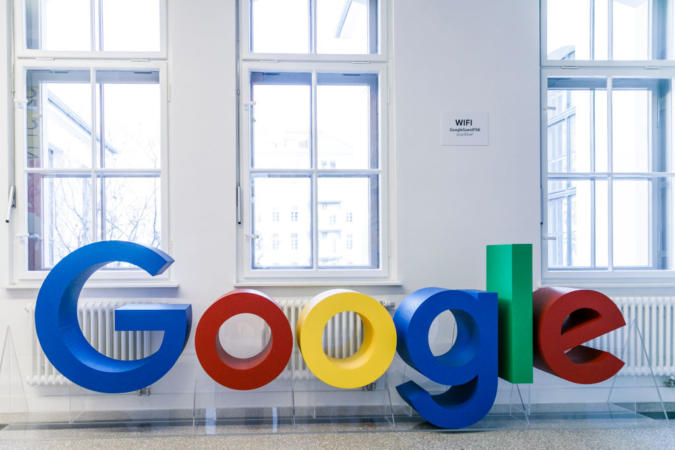What would you do if you were accidentally given a big payout? This engineer chose transparency.
It's been a little over 3 weeks since Google randomly sent me $249,999 and I still haven't heard anything on the support ticket. Is there any way we could get in touch @Google?
(it's OK if you don't want it back…) pic.twitter.com/t6f7v5erli
— Sam Curry (@samwcyo) September 14, 2022
Last week, Sam Curry shared on Twitter that he unexpectedly received nearly $250,000 from Alphabet Inc.’s GOOGL Google.
“It’s been a little over 3 weeks since Google randomly sent me $249,999 and I still haven’t heard anything on the support ticket,” Curry tweeted. “Is there any way we could get in touch @Google?”
He added: “It’s OK if you don’t want it back…”
In his Twitter bio, Curry describes himself as a hacker and bug bounty hunter, who runs a blog to better explain web application security. According to NPR, Curry also does bug bounty work for companies such as Google.
“Bug bounties are paid out by companies and other organizations when someone discovers a vulnerability in their systems and reports the vulnerability, or ‘bug,’ back to them,” MarketWatch describes.
Two questions Curry had about the situation happened to be how there was a link between bug bounty hunting for Google and the random payout, as well as how frequently it occurs at the company.
He’s also a staff security engineer at Yuga Labs — the web3 platform that created Bored Ape Yacht Club. As previously reported by AfroTech, the NFT collection became popular among many including celebrities in 2021.
Following Curry publicly reaching out, the tech giant responded back with the next steps to resolve the mishap.
“Google did indeed contact me and I’m going to head into the bank today to pay it back,” Curry told MarketWatch, about three days after his tweet.
According to the outlet, the big error was caused by someone on Google’s team.
“Our team recently made a payment to the wrong party as the result of human error,” a spokesperson for Google shared, according to the outlet. “We appreciate that it was quickly communicated to us by the impacted partner, and we are working to correct it.”


